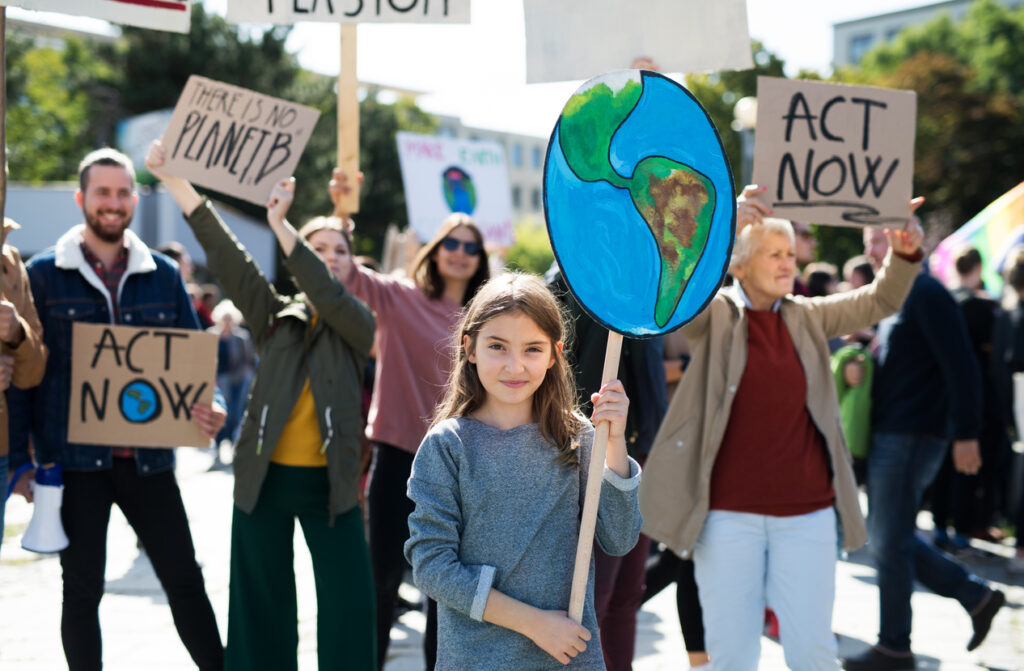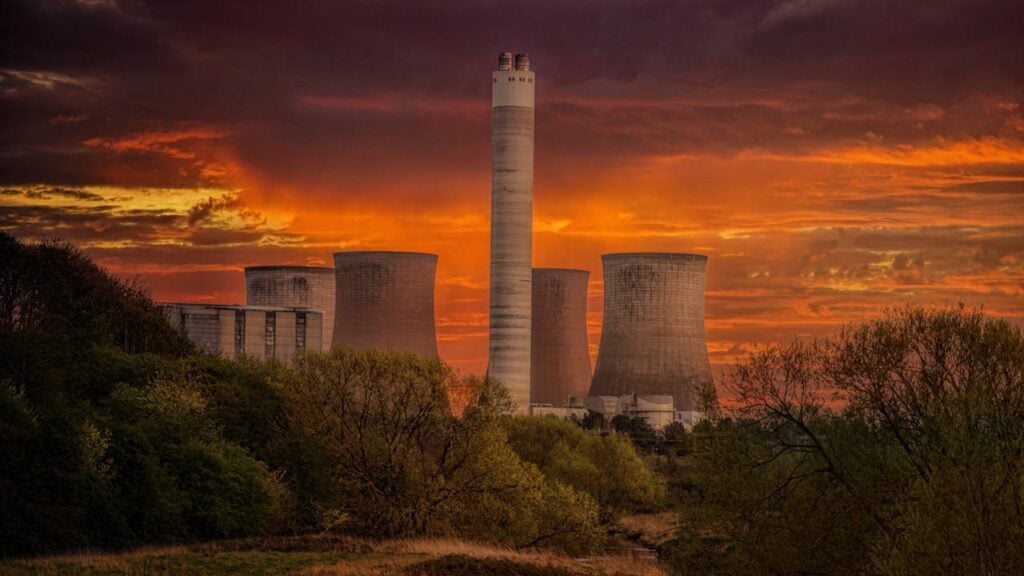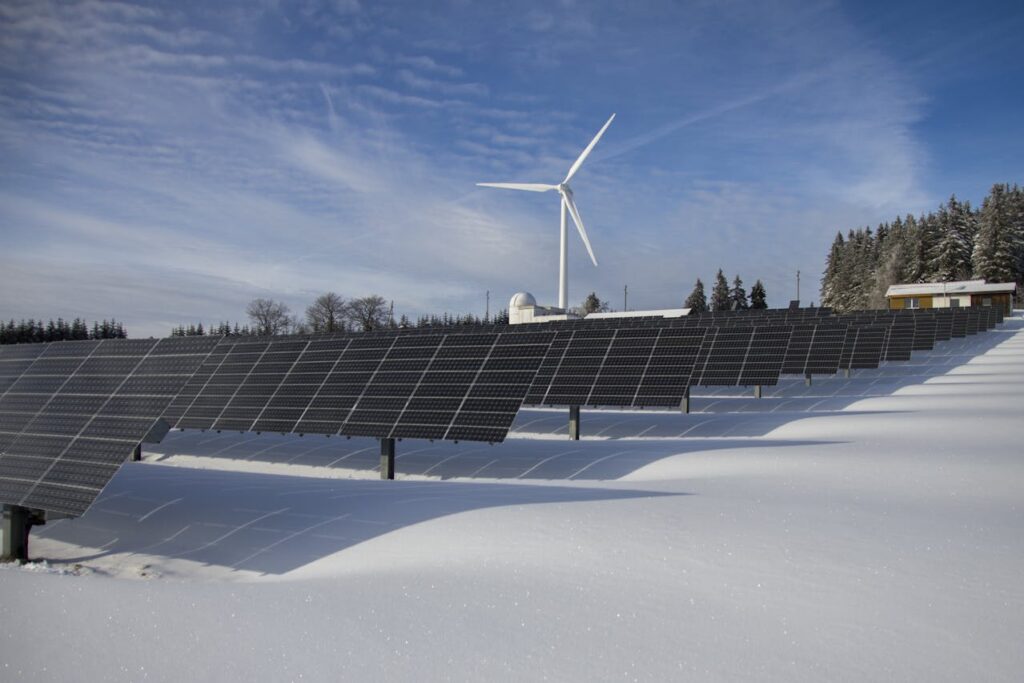Gen Z holds Boomers accountable for the climate crisis due to historical and systemic environmental impacts.

Many Gen Z young people attribute the climate crisis to Baby Boomers because this generation grew up during a period of rapid industrial expansion that heavily relied on fossil fuels. The infrastructure and policies established then prioritized economic growth over environmental sustainability, embedding high carbon footprints in society.
According to experts at the NOAA, understanding the historical context of emissions is essential to addressing climate change effectively. This perspective is also shaped by differences in environmental awareness and education between the generations. Baby Boomers experienced less exposure to climate science in their formative years, which influenced their attitudes toward conservation and resource use. Today, Gen Z’s climate activism reflects a call for systemic change that acknowledges past decisions while pushing for sustainable futures across all age groups.
1. Baby Boomers grew up during industrial expansion increasing fossil fuel reliance.

The period of industrial expansion in which Baby Boomers grew up significantly increased reliance on fossil fuels. This growth, driven by the demand for manufacturing and transportation, set a precedent for high-energy consumption patterns. As a result, fossil fuels became deeply embedded in societal structures. Recognizing these roots can help in understanding the challenges of transitioning to sustainable practices. Encouraging modern industries to innovate towards cleaner energy options can gradually reduce dependence on fossil fuels, acknowledging both historical context and the need for change, according to GlobeScan.
2. Older generations prioritized economic growth over environmental conservation efforts.

For many Baby Boomers, the prioritization of economic growth often overshadowed environmental conservation. In the post-war era, rapid industrialization promised jobs and prosperity, making it a focal point for policy makers. Environmental impacts were frequently overlooked as industries expanded. Understanding this historical dynamic sheds light on how resources were managed in favor of growth, as mentioned by Pew Research Center. Encouraging current policies to balance economic progression with ecological sustainability can guide future decisions, ensuring a healthier planet alongside a flourishing economy.
3. Boomers experienced minimal climate change impacts in their early years.

Baby Boomers lived much of their early lives before the widespread awareness of climate change impacts existed. With fewer visible signs of environmental strain, there was less urgency in addressing sustainability issues in their formative years. Now, with climate change’s effects more evident, a different generational perspective emerges. Emphasizing the need for both awareness and action can bridge understanding between generations, fostering cooperative efforts towards addressing modern environmental challenges as they become more pronounced, as stated by Moeve Global.
4. Many baby boomers resisted adopting renewable energy technologies quickly.

The adoption of renewable energy technologies met resistance from some Baby Boomers who were entrenched in established systems. The transition posed financial and practical challenges, leading to hesitance in discarding existing infrastructure. However, recognizing the improvements in technology today can encourage embracing renewable options. Highlighting successful community projects with renewable energy showcases practical benefits and can inspire both individuals and communities to embrace cleaner energy solutions, contributing to long-term sustainability.
5. Boomers hold significant political influence slowing aggressive climate policies.

Possessing significant political influence, Baby Boomers have played pivotal roles in shaping climate policies that often lacked aggressive measures. This influence stems from holding key positions in government and industry during times of significant environmental decision-making. While policy changes can be slow, encouraging dialogue that includes diverse generational viewpoints may help push forward the necessary reforms. Advocacy for science-based climate policies remains essential, urging leaders to prioritize aggressive measures to combat ongoing environmental challenges.
6. Consumer habits of boomers contributed to high levels of waste.

Consumer habits developed by Baby Boomers have historically supported high levels of waste. Mass production and convenience-driven lifestyles contributed to increased consumption and disposal. It became commonplace for goods to be used briefly and discarded, impacting landfill and resource depletion rates. Promoting more sustainable habits such as recycling and reusing can help mitigate this issue. Emphasizing education around sustainable consumer practices can encourage more mindful consumption, reducing waste and transforming consumer culture for better environmental outcomes.
7. Baby boomers established infrastructures dependent on nonrenewable resources.

Baby Boomers significantly influenced the establishment of infrastructure reliant on nonrenewable resources. As cities expanded, new roads and buildings often depended on energy sources like coal and oil, embedding a system that’s challenging to unravel. Current efforts focus on retrofitting these infrastructures to be more energy-efficient and investing in renewable alternatives. Highlighting the innovative projects transforming existing systems inspires further investment in sustainable infrastructure, signaling a shift towards long-term environmental benefits.
8. Environmental education was limited during baby boomer upbringing.

During the Baby Boomer upbringing, environmental education was not as prevalent, resulting in less awareness of ecological impact. Schools prioritized subjects aligned with industrial growth, neglecting environmental science. This gap in education left many unaware of the consequences of their habits on the planet. Encouraging comprehensive environmental education in current curricula is key to fostering a generation equipped to face climate challenges. Informing youth on sustainability can lead to knowledgeable advocates driving meaningful change.
9. Boomers largely benefited from resource extraction without accountability.

Boomers often benefited from extensive resource extraction without facing direct accountability or visible consequences. Industries capitalized on abundant natural resources to fuel economic prosperity, often sidelining the environmental toll. Recognizing this pattern prompts a broader understanding of how past decisions impact today’s ecological landscape. Promoting policies that ensure resource management includes accountability and sustainability can prevent repeating history. Emphasizing responsible resource use in business practices encourages both conservation and sustainable economic growth.
10. Legacy industries favored by boomers created lasting carbon footprints.

Industries favored during the peak of Boomer influence left behind significant carbon footprints, shaping today’s environmental struggles. Economic sectors such as manufacturing and transportation expanded rapidly, prioritizing growth over sustainability. Recognizing the environmental impact of these industries highlights the importance of transitioning to greener practices. Encouraging modern businesses to incorporate sustainable technologies can mitigate legacy footprints. Adopting cleaner processes and renewable energy across industries can reduce carbon emissions and foster a healthier environment for future generations.
